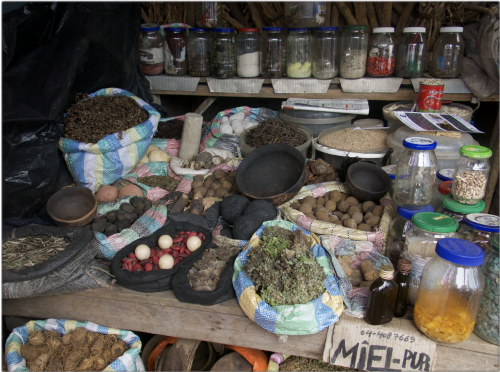Dr. Meredith Gore and authors from the Wildlife Conservation Society published this month in Global Ecology and Conservation on a study that classifies different types of wildlife traffickers and sellers in two of Central Africa's growing urban centers, proving new insight into the poorly understood urban illegal wildlife trade. The study identifies the cities of Brazzaville and Pointe Noire in the Republic of Congo as being touched by the wildlife poaching and trafficking trade. This strays from the common perception that the illegal trade is limited to rural or forested areas.
Said the study’s lead author Dr. Meredith Gore of the University of Maryland: “This research helps amplify the voices of diverse local experts with extensive knowledge about the human dimensions of the illegal wildlife trade in and to African cities. The new information about forms of sellers and traffickers may help identify where the criminological risks from illegal wild meat trade are concentrated, and where they are not, along the bridge from rural to urban environments.”
“Really trying to understand how the criminal dimensions of illegal wildlife trade connect urban and rural ecosystems can provide more insight to law enforcement officials, conservation authorities and other policymakers that are trying to reduce risk associated with illegal wildlife trade,” Gore said. “This is an issue that is not just relevant to Africa. As the planet increasingly globalizes, we are all aware of how connected we are.”




